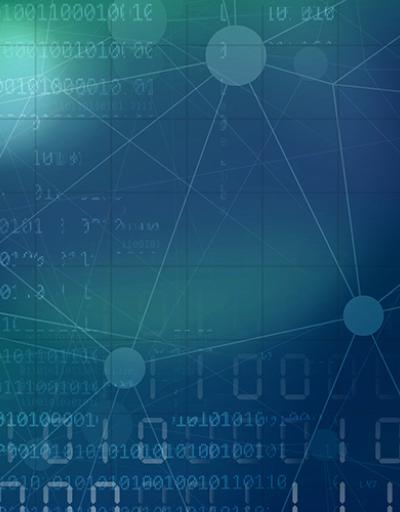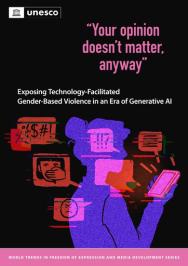
Global Forum on the Ethics of AI 2024
Hosted by the Government of Slovenia
Changing the Landscape of AI Governance
The 2nd Global Forum on the Ethics of Artificial Intelligence: Changing the Landscape of AI Governance, took place in the Brdo Congress Centre of Kranj on 5 and 6 February 2024.
This Forum brought together the experiences and expertise of countries at different levels of technological and policy development, for a focused exchange to learn from each other, and for a dialogue with the private sector, academia and a wider civil society.

Recommendation on the Ethics of AI
UNESCO has made a seminal contribution to the goal of effective and ethical AI governance by adopting an International global standard – the Recommendation on the Ethics of AI – in 2021, and spearheading its implementation by the Member States through innovative tools and methodologies, such as the Readiness and the Ethical Impact Assessments.

Through the application of these tools, UNESCO is changing the business model that drives AI, and going beyond principles to develop a range of concrete and practical solutions and to ensure that AI outcomes are fair, inclusive, sustainable and non-discriminatory.
The evidence obtained through this work, including a comprehensive and multidimensional diagnoses of the AI readiness of almost fifty countries around the world, informed the debates during the Forum.

Programme
During the first day of the Forum, high-level decision makers, industry leaders, representatives of scientific and research institutions as well as non-government organisations shared their insights and good practices about governance of Artificial Intelligence at global, regional and national levels.
The second day of the Forum featured leading experts in the field exploring opportunities and challenges posed by AI, such as the potential of the technology to advance the agenda of equity, diversity and non-discrimination, emerging best practices of AI supervision, partnerships with the private sector through the ethical impact assessments, and the impact of AI on gender equality.
The Forum also featured the launch of various UNESCO initiatives including the Global AI Ethics Observatory and UNESCO AI Ethics Experts without Borders Network.



Getting AI governance right is one of the most consequential challenges of our time, calling for mutual learning based on the lessons and good practices emerging from the different jurisdictions around the world.
The question is not whether to legislate on AI and converging technologies or not, but how to best do so. We need true global coordination and knowledge sharing to build a responsible AI ecosystem that benefits everyone.

How to get AI governance right
Frontier AI technologies, including the rapidly proliferating generative AI models, are becoming more powerful and capable at a range of tasks. Governments have witnessed the enormous opportunities that AI can unlock across the economy and society. And yet, the same governments have also had to confront serious risks and harms associated with these technologies, when developed and released without appropriate guardrails, including the amplification of conflict and violence both online and off-line, generation and spread of disinformation at scale, pervasive discrimination based on gender, race, ethnicity, and other categories, enabling cyber-attacks or fraud, violation of privacy, upending the existing mechanisms for the protection of intellectual property rights, and the erosion of hard-won democratic norms and values, including human rights and fundamental freedoms.
In response to such complex challenges, countries have been exploring optimal arrangements for AI governance, combining various policy, institutional and regulatory measures, trying to harness the power of AI-led digital transformation for the benefit of their populations without undermining their wellbeing. These initiatives, underway at the national, regional, and global levels, are drastically transforming the landscape of AI governance.
With multiple models of AI supervision emerging, countries are facing the need to learn from each other’s experiences, share good regulatory practices, and link with the knowledge producers in this domain who are at the frontier of AI policy. To enhance their competencies and capacities for policy transformation, Member States of UNESCO decided to convene high level decision makers, industry leaders and civil society representatives, under the framework of the Global Forum on the Ethics of AI.
More on the ...
Discover more resources ...






